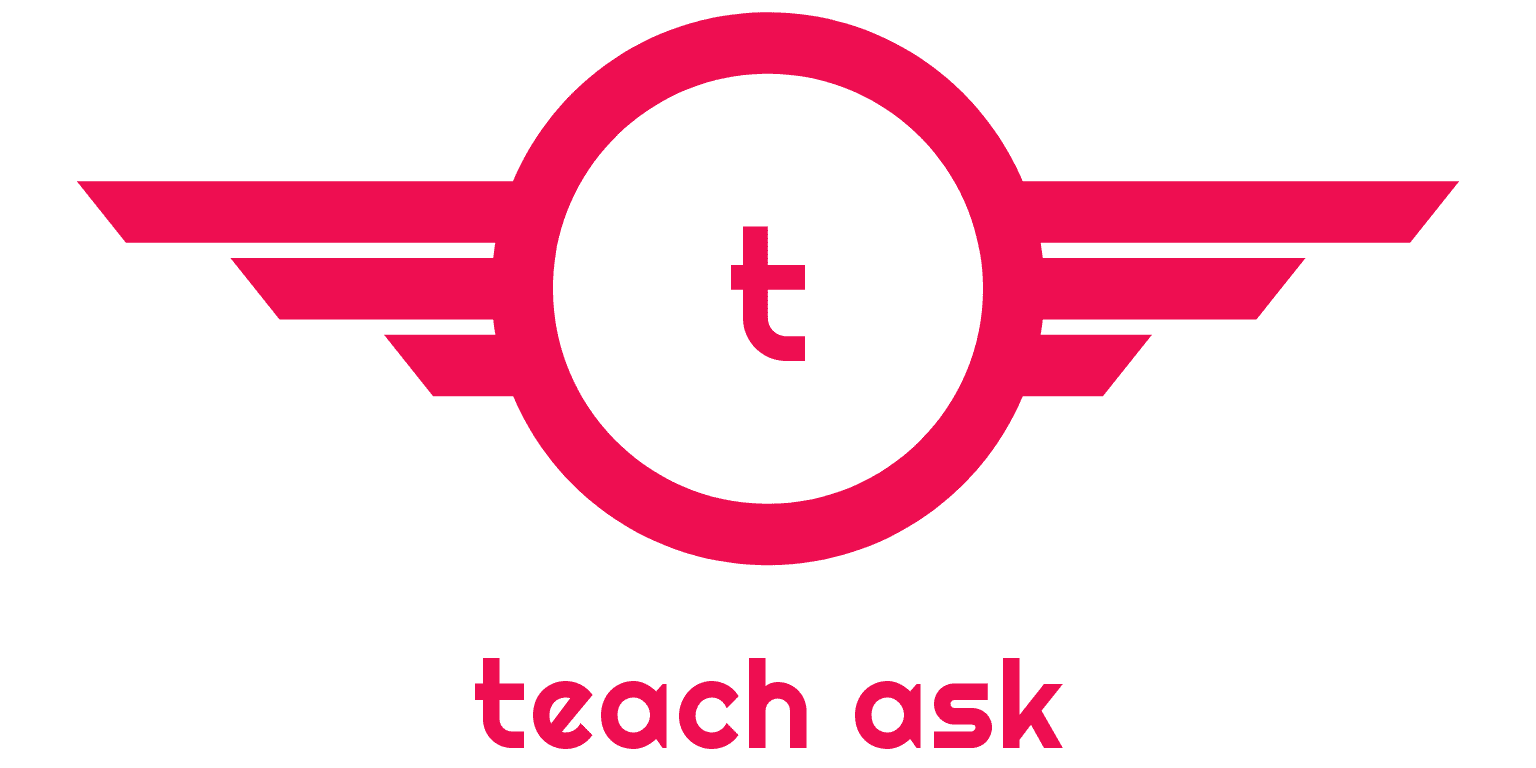🟡Prelims focus 🟡
🔷Right to education act RTE act, 2009
◼️Part IV of Indian Constitution, Article 45 and Article 39 (f) of DPSP, had a provision for state funded as well as equitable and accessible education.
◼️Education is a Fundamental right flowing from Article 21.
◼️The 86th Constitutional Amendment in 2002, provided Right to Education as a fundamental right in Part-III of the Constitution.
▫️It inserted Article 21A which made Right to Education a fundamental right for children between 6-14 years.
▫️It provided for a follow-up legislation Right to Education Act 2009.
◼️Feature of RTE act
▫️The RTE Act aims to provide primary education to all children aged 6 to 14 years.
▫️Section 12(1)(c) mandates that non-minority private unaided schools should reserve at least 25% of seats in entry-level grades for children from economically weaker and disadvantaged backgrounds.
▫️It also makes provisions for a non-admitted child to be admitted to an age appropriate class.
▫️It also states about sharing of financial and other responsibilities between the Central and State Governments.
Education in the Indian constitution is a concurrent issue and both centre and states can legislate on the issue.
▫️It lays down the norms and standards related to: Pupil Teacher Ratios (PTRs), Buildings and infrastructure, School-working days, Teacher-working hours.
▫️It also provides for prohibition of deployment of teachers for non-educational work, other than decennial census, elections to local authority, state legislatures and parliament, and disaster relief.
▫️It provides for the appointment of teachers with the requisite entry and academic qualifications.
◼️It prohibits
▫️Physical punishment and mental harassment.
▫️Screening procedures for admission of children.
▫️Capitation fee.
▫️Private tuition by teachers.
▫️Running of schools without recognition.
◼️Argument for Extension of Free Education under RTE beyond Class 8 for EWS:
▫️The parents of children are required to pay hefty fees to unaided private schools in classes 9 and onwards which they can not afford.
▫️Changing school from unaided private to government after class 8 may affect the children’s state of mind and education and thus, an extension of the RTE benefits will ensure continuity in the education.










![How to Use of Has/Have [Basic points Rules Structures Examples]](https://blogger.googleusercontent.com/img/b/R29vZ2xl/AVvXsEhFSWAQkVMciY5IncRVU8ma_BY7G9IKy1LtzgBouDX_zHPxZ3D85UUXcizg9w-0Xhe13T2TbkJAPP1j4JMfeF-vTn1EHo_HvQp2UmlyUkGduqNjvCWIQwOTl0u4AN5SHMBol-18xO-7mYA/w72-h72-p-k-no-nu/Slide8.PNG)











0 Comments